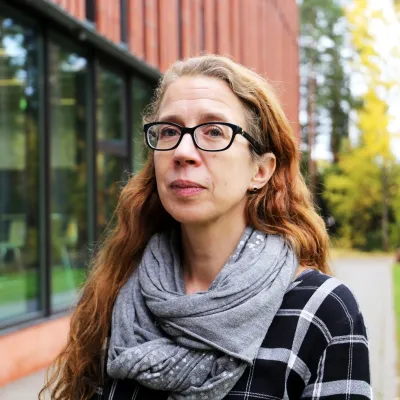Ecosystems are characterised by the fact that a single party or leader cannot determine the direction of its development. Leadership is still needed, because without it the ecosystem will remain stationary or develop slowly.
High-flying visions, good will or public R&D funding are not enough to keep an ecosystem going. An ecosystem can be slow to react if its leadership model does not sufficiently support self-organisation, encourage the development of joint understanding or enable transparency of the actions needed.
A visionary rather than a gatekeeper
An ecosystem always involves conflicts, cooperation and competition between the actors, and the challenge is finding a balance between leadership and self-organisation. Rather than being a closed project network, an ecosystem needs a more open and dynamic framework. Although an ecosystem doesn’t require a gatekeeper, the group of actors in it still needs leadership in order to remain on the jointly agreed pathway. In practice, ecosystem leadership means:
- Enabling encounters (networker)
- Forming a shared vision (orchestrator)
- Monitoring activities and improving transparency through communication (coordinator), and
- Promoting diversity (facilitator).

An ecosystem leader needs a variety of skills
The common goals and rules set for the ecosystem affect the need for leadership and its focus (see image). As a result, it is also good for the ecosystem and its leader to understand how different organisations and actors work best in different tasks:
- An emphasis on diverse substance expertise and strong international research networks when building an innovation ecosystem that aims to create new knowledge.
- A broad network of stakeholders is important for the leader if there is a need to change legislation or influence standardisation in order to create markets.
- Agile coordination expertise is critical if the ecosystem is in the piloting and commercial solution development phase.
The strategic expertise of the ecosystem leader influences the formation of a goal-oriented ecosystem and the commitment of different actors to common ecosystem activities. The leader has to create a credible overall picture, renew it in cooperation with the actors, and bring the best actors together in different phases.
Ecosystem success is built together
All ecosystems also require transparency and continuous communication of results, both inside and outside the ecosystem. But above all, the members of an ecosystem need the courage to commit to working together: “my ecosystem is our ecosystem.”
In cooperation with CLIC Innovation and the University of Vaasa, we have compiled a set of tools for ecosystem development. Explore the ecosystem playbook from here.
We’ll provide more information at the Playbook seminar on 28 September 2021: it is a free online seminar and will be held on 28th September 9 am - 11:30 am (Finnish time). Come and listen to industry experts and their experiences on open innovation networks. Register for our online event here.





